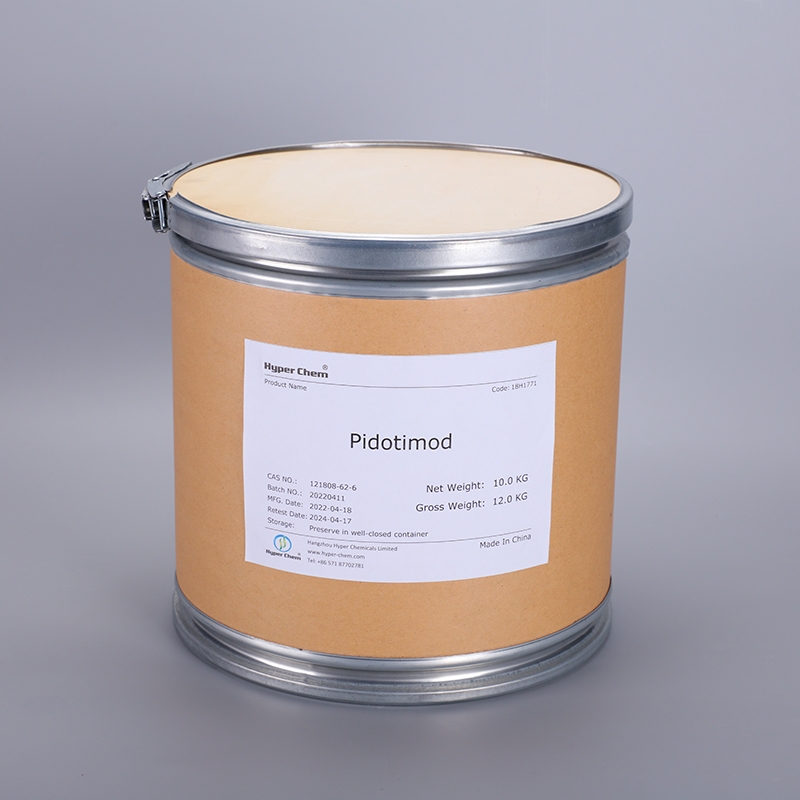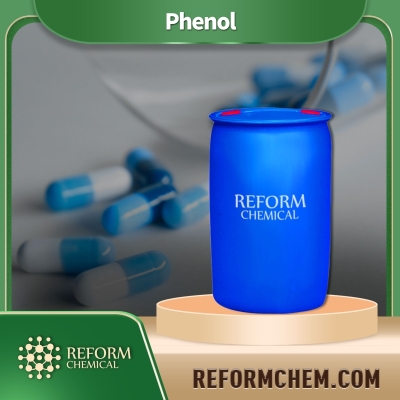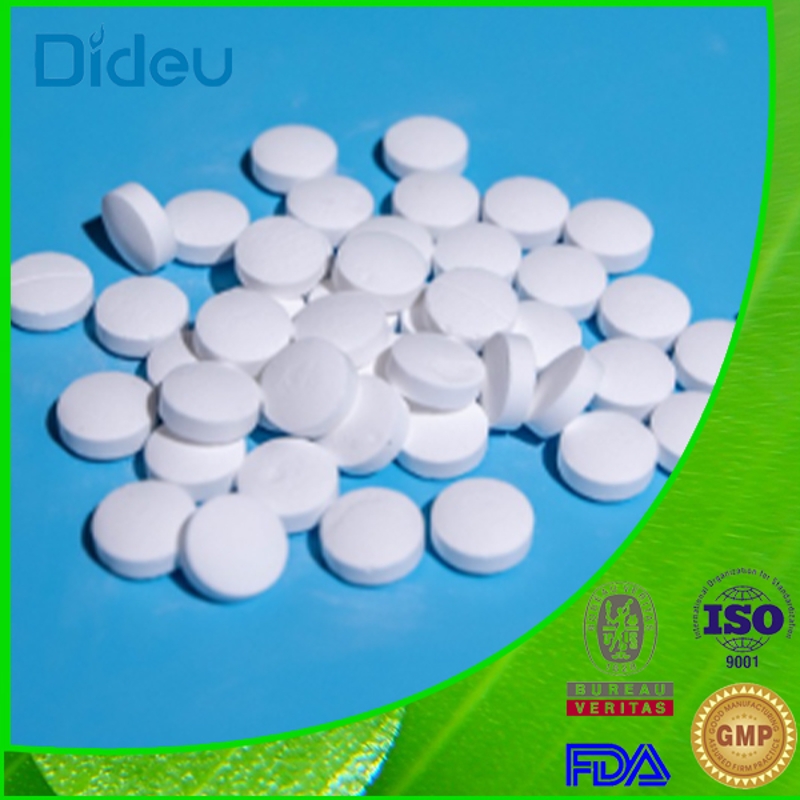-
Categories
-
Pharmaceutical Intermediates
-
Active Pharmaceutical Ingredients
-
Food Additives
- Industrial Coatings
- Agrochemicals
- Dyes and Pigments
- Surfactant
- Flavors and Fragrances
- Chemical Reagents
- Catalyst and Auxiliary
- Natural Products
- Inorganic Chemistry
-
Organic Chemistry
-
Biochemical Engineering
- Analytical Chemistry
-
Cosmetic Ingredient
- Water Treatment Chemical
-
Pharmaceutical Intermediates
Promotion
ECHEMI Mall
Wholesale
Weekly Price
Exhibition
News
-
Trade Service
Yimaitong compiles and arranges, please do not reprint
without authorization.
resulting from an impaired host response to infection.
Sepsis and
higher mortality.
Recently, the Dutch Antibiotic Policy Working Group (SWAB), in collaboration with relevant professional societies, updated guidelines
for empiric antimicrobial treatment of sepsis in adults.
The guidelines focus on the following recommendations regarding appropriate empiric antimicrobial therapy for patients with sepsis and the timing and duration of antimicrobial therapy
.
1.
Empiric antibacterial therapy for sepsis
In patients with sepsis, empiric broad-spectrum antimicrobial therapy is recommended to cover all pathogenic organisms
that may be involved.
(Recommended strength: strong; Quality of evidence: moderate)
When choosing the treatment of empiric sepsis, it is recommended to consider previous (1 year) resistance in relevant clinical and screening cultures
.
(Recommended strength: strong; Quality of evidence: very low)
Empiric antimicrobial therapy
is recommended guided by the local distribution of sepsis-associated pathogens and antimicrobial susceptibility.
(Recommended strength: strong; Quality of evidence: very low)
When highly resistant organisms (HRMO) are likely to be involved, empiric antimicrobial therapy to cover HRMO
is recommended in patients with sepsis.
(Recommended strength: weak; Quality of evidence: very low)
For patients presenting with sepsis and lower GI intra-abdominal infection or necrotizing soft-tissue infection, empiric antimicrobial therapy is recommended to cover anaerobic organisms
.
(Recommended strength: weak; Quality of evidence: very low)
Conventional empiric antimicrobial therapy with antianaerobic bacteria is not recommended in patients with sepsis due to aspiration pneumonia unless empyema or lung abscess
is suspected.
(Recommended strength: weak; Quality of evidence: very low)
Routine empiric treatment
of enterococci is generally not recommended in patients presenting with sepsis.
(Recommended strength: strong; Quality of evidence: moderate)
Antienterococcal therapy may be considered in individual patients with sepsis, such as those with a high likelihood of enterococcal infection on recent cultures and recent complex abdominal surgery or suspected central venous catheter (CVC) infection and extensive broad-spectrum antibiotics
.
(Recommended strength: weak; Quality of evidence: very low)
Routine dual-active empiric antimicrobial therapy
is not recommended in patients with sepsis or septic shock.
(Recommended strength: strong; Quality of evidence: moderate)
In patients with sepsis caused by Pseudomonas aeruginosa, dual-active empiric antimicrobial therapy is not routinely definitive.
(Recommended strength: weak; Quality of evidence: very low)
Dual-active empiric antimicrobial therapy is not used as routine definitive therapy
in patients with sepsis due to Staphylococcus aureus infection not related to the prosthetic material.
(Recommended strength: weak; Quality of evidence: moderate)
2.
The timing and course of antibacterial treatment of sepsis
In patients with sepsis or septic shock, immediate initiation of antimicrobial therapy is recommended, with minimal duration
if feasible.
(Recommended strength: strong; Quality of evidence: low)
If possible, source control is recommended to support antimicrobial therapy
in patients with sepsis.
(Recommended strength: strong; Quality of evidence: low)
4-day antimicrobial therapy
is recommended for patients with sepsis due to intra-abdominal infection with effective source control and good clinical response.
(Recommended strength: strong; Quality of evidence: moderate)
In patients with sepsis and
is recommended after adequate biliary drainage.
(Recommended strength: weak; Quality of evidence: very low)
For most patients with sepsis due to ventilator-associated pneumonia (VAP), a duration of 7 days of antimicrobial therapy is sufficient
.
(Recommended strength: strong; Quality of evidence: moderate)
For most patients with sepsis due to
.
(Recommended strength: weak; Quality of evidence: very low)
For most patients with sepsis due to suspected central venous catheter infection with gram-negative pathogens, a maximum duration of 7 days of antimicrobial therapy after removal of the central venous catheter and a good clinical response is sufficient
.
(Recommended strength: weak; Quality of evidence: very low)
For most patients with sepsis due to suspected central venous catheter infection with coagulase-negative staphylococcus (CNS) or enterococci, a duration of antimicrobial therapy of 0 to 7 days is sufficient
after the central venous catheter has been removed and there is a good clinical response.
(Recommended strength: weak; Statement of Good Practice)
For most clinically responsive patients with sepsis and septic shock who do not have a clear lesion, a duration of antimicrobial therapy of 7 days is sufficient
.
(Recommended strength: weak; Quality of evidence: low)
It is recommended that patients with sepsis be assessed daily for the need for antimicrobial therapy and discontinued if clinical and microbiological evidence of infection is lacking during follow-up
.
(Recommended strength: strong; Statement of Good Practice)
If the optimal course of antibiotic therapy is not known,
of antimicrobial therapy in patients with sepsis.
(Recommended strength: weak; Quality of evidence: moderate)
Antibiotic de-escalation
is recommended for all patients with sepsis treated daily with antibiotics based on pathogen identification, sensitivity, and risk of adverse events.
(Recommended strength: weak; Quality of evidence: very low)
Discontinuation of empiric aminoglycoside therapy
is recommended within up to 2 days.
(Recommended strength: weak; Quality of evidence: low)
It is recommended to switch systemic antibiotic therapy from intravenous to oral after 48 to 72 hours, depending on the clinical situation and when oral
agents are available.
(Recommended strength: weak; Quality of evidence: very low)
References: Sieswerda E, Bax HI, et al.
The 2021 Dutch Working Party on Antibiotic Policy (SWAB) guidelines for empirical antibacterial therapy of sepsis in adults.
BMC Infect Dis.
2022 Aug 11; 22(1):687.
doi: 10.
1186/s12879-022-07653-3.







